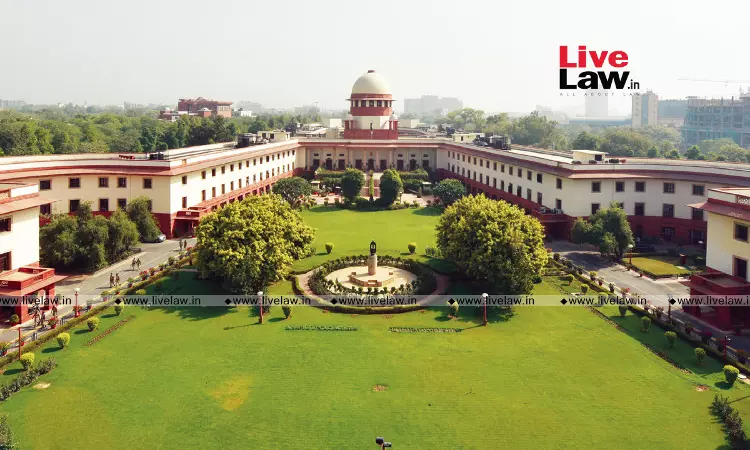Supreme Court Seeks Update From Centre On Sex Workers' Rehabilitation Bill
Awstika Das
5 May 2023 11:54 AM IST

Next Story
5 May 2023 11:54 AM IST
The Supreme Court on Thursday orally sought an update from the Centre on the status of a proposed bill on the prevention of trafficking, and the rehabilitation of sex workers. “Once that act is enacted, many of the aspects will be taken care of. We also know our limitations,” Justice Gavai remarked, during the hearing. A bench of Justices Gavai, Vikram Nath, and Sanjay Karol...
